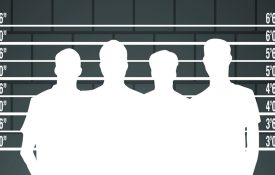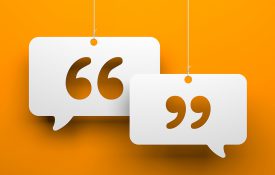-

Eyewitness Confidence Can Predict Accuracy of Identifications, Researchers Find
A new report challenges the perception that eyewitness memory is inherently fallible, finding that eyewitness confidence can indicate the accuracy of identifications made under “pristine” conditions.
-

New Research From Psychological Science
A sample of new research exploring thinking fast and risk-related framing effects, the relationship between pronounceability and risk, and numerical cognition in wild baboons.
-

Imagining Dialogue Can Boost Critical Thinking
Examining an issue as a debate or dialogue between two sides helps people apply deeper, more sophisticated reasoning when thinking about that issue.
-
Why conservatives are more likely than liberals to believe false information about threats
Los Angeles Times: After an electoral season that blurred the line between fact and fantasy, a team of UCLA researchers is offering new evidence to support a controversial proposition: that when it comes to telling the
-

To Please Your Friends, Tell Them What They Already Know
We love to tell friends and family about experiences we’ve had and they haven’t—from exotic vacations to celebrity sightings—but new research suggests that these stories don’t thrill them quite as much as we imagine.
-

Political Affiliation Can Predict How People Will React to False Information About Threats
Social conservatives are more likely to believe untrue warnings about possible threats than are liberals, two studies show.

